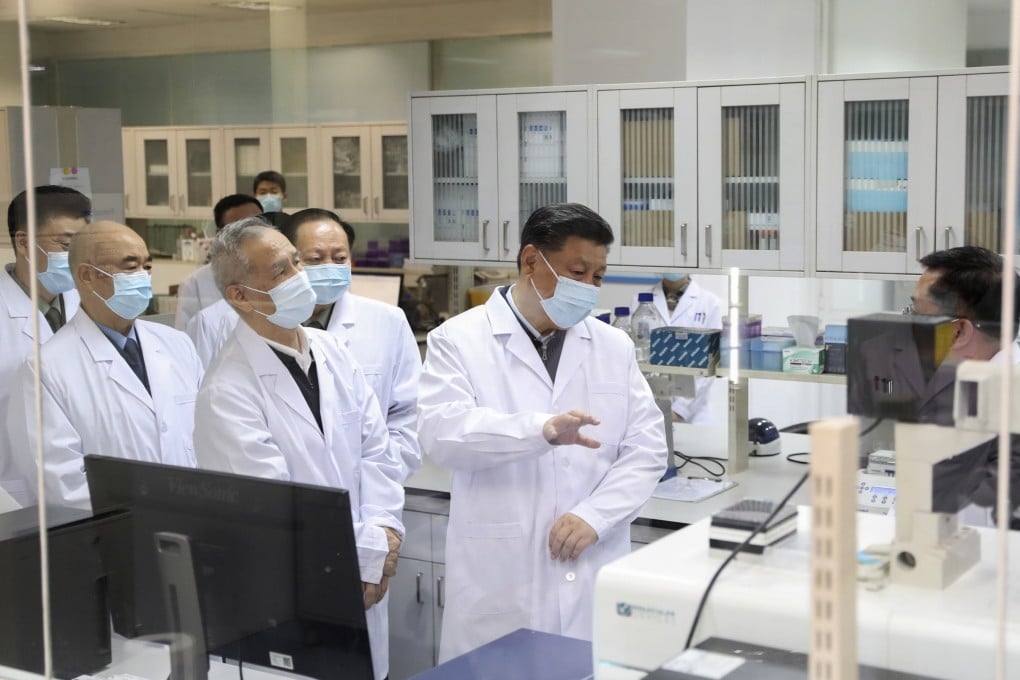China’s Communist Party looks to science cadres to help push back at US tech squeeze
- More scientists added to the top ranks of the party and military command
- Expertise ranges from rocket science to nuclear power and the environment

At least six new Politburo members boast qualifications in science and technology fields. Their areas of expertise range from rocket science to nuclear power safety and public health.
Xinjiang party secretary Ma Xingrui, 63, and Zhejiang party secretary Yang Jiajun, 58, were both former chief commanders of China’s space programme before they entered politics.
Shandong party secretary Li Ganjie, 57, and Beijing mayor Chen Jining, 57, are environment experts. Liaoning party secretary Zhang Guoqing, 58, was chief executive of China North Industries – China’s biggest defence conglomerate, and Fujian party secretary Yin Li, 60, is a public health expert.
Apart from Ma and Yuan, the other four studied overseas after graduating from Chinese universities. Li studied nuclear safety in France and Chen received his doctorate in environmental science from Imperial College London. Yin studied in Russia and the United States, and Zhang is an alumni of a Harvard executive programme.
While Ma is expected to stay on as Xinjiang party boss, Chen is set to take over from Cai Qi as Beijing party chief after the 66-year-old is promoted to the Politburo Standing Committee.
Yuan meanwhile is tipped to succeed Li Xi as Guangdong party boss. Like Cai, Li has been promoted to the Politburo Standing Committee.
